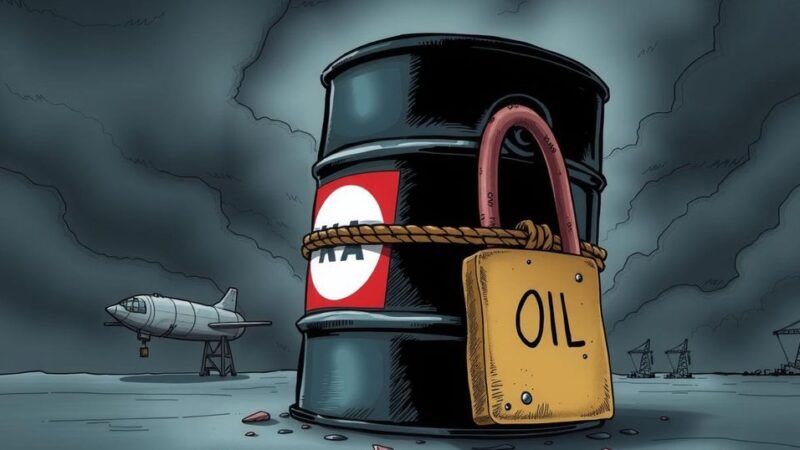Haiti’s new leader, Fritz Alphonse Jean, highlights the extensive control of gangs in Port Au Prince, urging unity to combat this crisis. Meanwhile, international support, particularly from the Kenyan-led multi-national force, continues to play a crucial role in maintaining stability amid the turbulent aftermath of President Jovenel Moise’s assassination.
Haiti, under the leadership of Fritz Alphonse Jean, confronts substantial challenges posed by street gangs dominating the capital, Port Au Prince. Jean has emphasized the urgency of unity, stating, “Our country is at war and we need to be unified in order to win it.” With gangs controlling eighty-five percent of the area, restoring order remains a crucial priority.
Despite economic setbacks from the Trump administration impacting USAID, the Kenyan-led Multi-National Support Mission continues to operate, comprising eight hundred of the one thousand personnel authorized. This commitment has been reaffirmed by US Secretary of State Marco Rubio and Kenyan President William Ruto, aiming to bolster collaborative efforts to stabilize the region.
The UN Security Council sanctioned the deployment of this security force in 2023, offering a ray of hope amidst Haiti’s turmoil. The challenges have escalated significantly since the assassination of President Jovenel Moise on July 7, 2021. Over the ensuing period, democracy in Haiti has come under severe threat, resulting in thousands of deaths and displacing over a million individuals.
In conclusion, Haiti faces overwhelming challenges from criminal gangs, with the Transitional Presidential Council emphasizing the need for national unity. The Kenyan-led Multi-National Support Mission and support from the US government remain vital for efforts to restore stability following a profound political crisis. The future of democracy in Haiti remains precarious, necessitating continued commitment and collaboration among international partners.
Original Source: www.vaticannews.va






